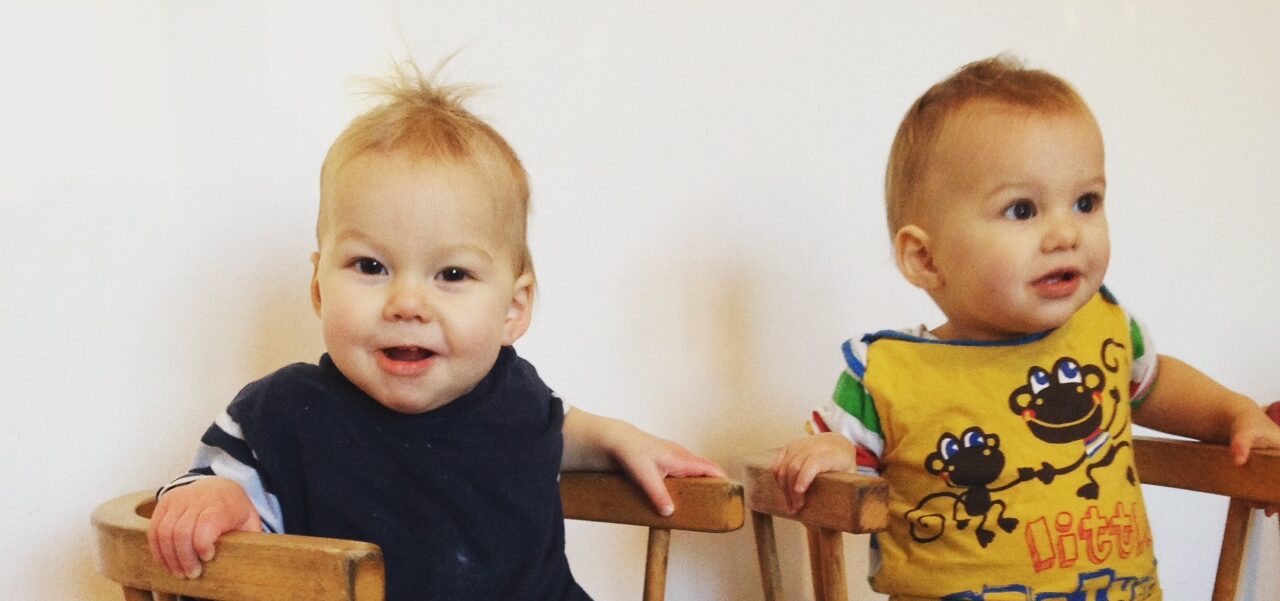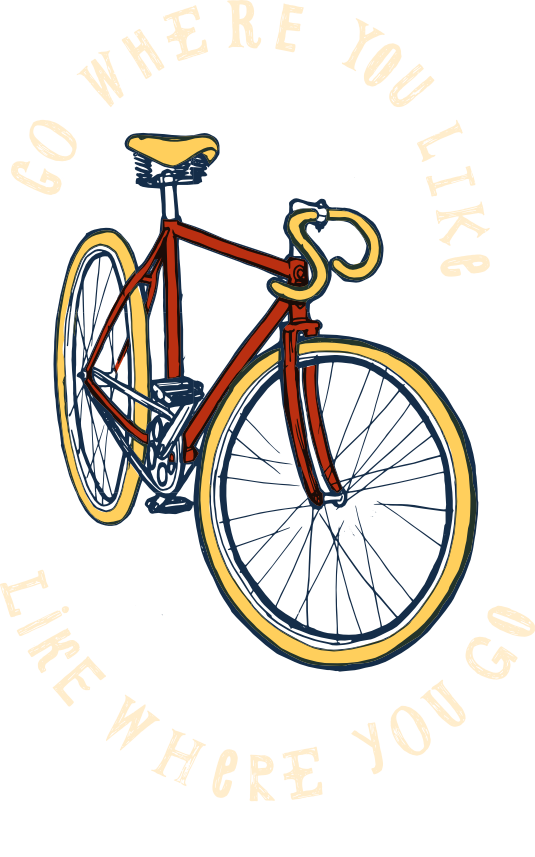I’ve not written on here yet, and to be very honest, today I realised I’d not even read everything Stuart has so carefully taken the time to write (sorry Stu). The truth is, I find writing a challenge (for multiple reasons) and also reading too, hence the lack of writing and reading. And part of that challenge is motivation and fear. I guess fear about how I will be perceived or judged, maybe that I might ‘fail’ somehow in the task and a general lack of trust in myself.
And I was sat here on Christmas day thinking that maybe I should just give it a go, trust myself. So here is me giving it a go and writing a blog, which has turned out to be about trust.
As I listen to my meditation track, the guide says to see if we can “let go of our usual habits of monitoring our experience and comparing it to how we think it should be”. I recently trained to become a mindfulness teacher and I have often thought it a bit crazy that much of what I am teaching people is to undo the conditioning they have set up through their lives, and recently, I see much of that conditioning as coming from school. Schooling is frequently about comparing how things are to how they are expected to be, whether that is your academic performance or your behaviour, sit still, be quiet, walk ‘nicely’. Modern mindfulness programs encourage people to listen to their bodies, to consider our basic needs, when this is exactly what we are schooled out of doing, only using the bathroom when we are allowed, only eating and drinking at set times. One of the seven pillars (or attitudes) of mindfulness is trust. This has often been top of my list to work on as I don’t think I trust myself enough. But more recently I’ve begun to notice the individual judgement inherent in this. (I wont go into it here but I’ve fallen into the trap of lot of the individualistic nature of self-improvement and therapy and not seen many of the systemic contributions to suffering.) I think as a society we don’t trust children enough, in schools and often in our families too. And when we don’t trust our children they don’t learn to trust themselves or their experience. Instead they learn to judge themselves and their experience, to constantly compare it with how they (or others) think it ‘should’ be.
As named above, my narrative of not being good at writing and reading, at least comes in part from messages I received through my schooling about not being as good as expected and from fear of external judgement. On top of what might be an innate challenge with literacy (I’ve a diagnosis of dyslexia) I’ve also got the added psychological challenge of lack of trust in my ability. We can see a path to a similar narrative clearly for Wilf, who at this point in his development is not ‘as good’ as his peers and so is judged as ‘behind age related expectations’ with regards to the school assessments of his ‘academic’ ability. Wilf is aware and bright and so knows he can’t do what his classmates can, and especially what his sister can, this can cause a lot of frustration. However, at the moment he still LOVES learning, he has a thirst for knowledge and sometimes we’ve done an hour of learning before we have even dressed for school.
So our decision to home educate is multiple;
- to respect and trust Wilf’s innate developmental trajectory and who he is as a person
- to listen to and respect his experience, and currently he is telling us clearly that school is a tricky place for him
- to support him to learn in ways that he can and needs right now (more talking and adult facilitated researching, less writing, reading and maths)
- to give him more agency over his learning (content and environment)
- to trust that he will learn to read and write in his own sweet mystical time
- not have to spend his later years undoing problems he might gain with self-esteem, low mood, or something much worse
I don’t know if this is a ‘good’ blog, and I’d like to say I don’t care (I’m about to ask Stuart to read it for me), but I’ve enjoyed the process of writing down some of the ideas that have been swirling round my head in the last few weeks, some of which I’m sure I could develop further, but I’m glad I haven’t waited until they are fully formed as I might never write anything.
Thanks, Anita x



Hi Anita
Hope you, Stoo and the kids are well.
I’ve enjoyed reading your blog and Stoo’s with your homeschooling adventures. Lots of families that attend the garden I volunteer in home educate their children. I have a friend Jyoti Imix based in Todmorden (West Yorkshire) who runs a school alternative. It’s aimed at 11+ but might still interest you. She is running facilitator training so people can deliver in other parts of the country.
https://www.facebook.com/esteemedcreatives
I also enjoyed this book by Patrick Barkham. He tells the story of volunteering at his daughter’s forest school and then she attended mainstream part time so I know not the same but might interest you
Check out this book on Goodreads: Wild Child: Coming Home to Nature https://www.goodreads.com/book/show/52593353-wild-child
Hope to see you this year 😊xx